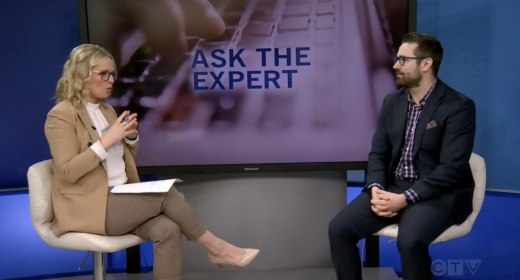The Ontario Substitute Decisions Act establishes two distinct powers of attorney: for personal care, and for property. A power of attorney for personal care only becomes activated when the person providing (or wishing to provide) treatment or personal care to an individual determines that they are not able to make their own treatment or personal care decisions.
On the other hand, a power of attorney for property is activated immediately upon it being signed, unless it contains a restriction or condition stating that the power of attorney for property will not be activated until some future event. In most cases, this future event is the donor being assessed or determined to be incapable of managing his or her own property. Such a conditional power of attorney is called a “springing power of attorney”.
A springing power of attorney gives comfort to the donor. He knows that until a determination of incapacity is made, he will be able to deal with his investments and property without any interference by his named attorney. However, in some cases this can lead to uncertainty.
It is not an uncommon situation to have a donor with diminished capacity still maintaining that he is perfectly able to manage his own financial affairs, when clearly he should not be doing so.
Unless the donor is willing to have his capacity assessed, the donor’s attorney and family are in a dilemma. They can either: 1) let the donor continue with his misguided belief that he is capable; or 2) after failed attempts to convince the donor that he is incapable, apply to the Court for an order to have the donor assessed and then a guardianship order over the donor’s property. Needless to say, the Court applications are expensive and very disruptive to the family.
While a springing power of attorney makes sense to a lot of people, there is also a risk that it will delay an attorney being able to act on the donor’s behalf. If you want to know more about your options – contact us and we will be able to assist you.


